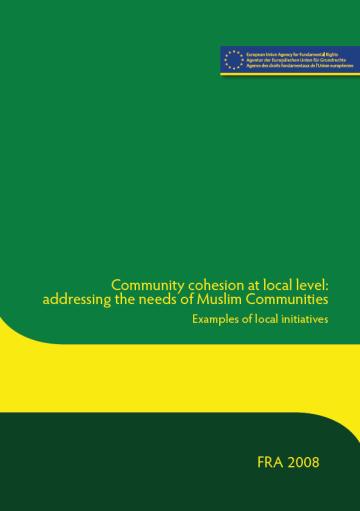O artigo 4.o do Protocolo n.o 7 à CEDH tem a seguinte redacção:
`1. Ninguém pode ser penalmente julgado ou punido pelas jurisdições do mesmo Estado por motivo de uma infracção pela qual já foi absolvido ou condenado por sentença definitiva, em conformidade com a lei e o processo penal desse Estado.
2. As disposições do número anterior não impedem a reabertura do processo, nos termos da lei e do processo penal do Estado em causa, se factos novos ou recentemente revelados ou um vício fundamental no processo anterior puderem afectar o resultado do julgamento.
3. Não é permitida qualquer derrogação ao presente artigo com fundamento no artigo 15.o da Convenção.`
A regra `non bis in idem` é aplicável no direito da União (de entre uma vasta jurisprudência, ver, nomeadamente, o acórdão de 5 de Maio de 1966, Gutmann contra Comissão, processos 18/65 e 35/65, Colect. 1966, p. 150, e, mais recentemente, o acórdão do Tribunal de Primeira Instância de 20 de Abril de 1999, processos apensos T-305/94 e outros, Limburgse Vinyl Maatschappij NV contra Comissão, Colect. 1999, p. II-931). Note-se que a regra de não cumulação diz respeito à cumulação de duas sanções da mesma natureza, no caso vertente penais.
Nos termos do artigo 50.o, a regra `non bis in idem` não se aplica apenas entre os órgãos jurisdicionais de um mesmo Estado, mas também entre os órgãos jurisdicionais de vários Estados-Membros. Tal corresponde ao acervo do direito da União: ver os artigos 54.o a 58.o da Convenção de Aplicação do Acordo de Schengen e o acórdão do Tribunal de Justiça, de 11 de Fevereiro de 2003, processo C-187/01, Gözütok (Colect. 2003, p. I-1345), o artigo 7.o da Convenção relativa à Protecção dos Interesses Financeiros da Comunidade e o artigo 10.o da Convenção relativa à Luta contra a Corrupção. As excepções bem delimitadas pelas quais estas convenções permitem aos Estados-Membros derrogar à regra `non bis in idem` são abrangidas pela cláusula horizontal do n.o 1 do artigo 52.o, relativa às restrições. No que diz respeito às situações visadas pelo artigo 4.o do Protocolo n.o 7, a saber, a aplicação do princípio no interior de um mesmo Estado-Membro, o direito garantido tem o mesmo sentido e âmbito que o direito correspondente da CEDH.

